
Whitman students and Walla Walla police officers aren’t often at odds with each other, but when the police do get called in, students are not usually in their best form.
While the majority of students see the police as helpful and well-meaning, weekend interactions with law enforcement may provide police officers with a less-than-favorable view of Whitman students. Through the interactions he has had with students while working as a city policeman, Officer Tim Hollingsworth has a nuanced perspective on Whitman College students.
“Unfortunately the only contact we get with the students as patrol men is at the frat houses where we deal with the drunk and disorderly,” said Hollingsworth. “We don’t get regular interactions with the normal students, so most of the time our only interaction with the students is negative.”
This soured relationship does not lead to a positive and cooperative relationship between students and law enforcement. The majority of calls the police receives are from citizens from the surrounding area of the frat houses. Some instances in which they might be called are issues of disruptions of the community, such as public urination or disruptively loud noise.
“Police are generally pretty aware of the culture at Whitman and know that the school puts a lot of faith in us to make wise decisions in party situations,” said Tau Kappa Epsilon President Chris Perkins in an email. “Occasionally they’ll stop by a function and make sure everything is okay but it never goes beyond that.”
When dealing with the students, which can occur multiple times a week in the warmer seasons, the police keep in mind the personal character they perceive of the Whitman community. Most of the interactions the police have with students involve turning a drunk student over to a sober friend.
Hollingsworth notes that he has never issued an underage drinking or drug possession ticket to a Whitman student.
“Just realize that we understand that you are students, and this is a great college, and we’re very lenient with the students as long as we don’t get that attitude,” said Hollingsworth. “This isn’t an easy college to get into and to have it all thrown down the drain just for something stupid; I don’t want to be that guy. I want to try to correct it on a one-to-one level.”
Police not only have to deal with the bad mouthing from the students, but they have also had eggs thrown at cop cars and debris thrown in the road. Officer Hollingsworth has only issued one arrest to a Whitman student, which occurred last summer.
Hollingsworth arrived at the Tau Kappa Epsilon house to find a student urinating outside the house. He found the student’s sober girlfriend and turned the drunk urinator over to her. However, when Hollingsworth and his above-six-foot-tall sergeant turned to leave, a student threw a pie at the sergeant’s face.
“We get done being pretty lenient with the students when we get a pie to the face,” said Hollingsworth. “It doesn’t make us think too much of the students, but that’s the only kind of contact we get.”
One student that has had a different sort of run-in with the law is junior Logan Emlet. Last August, Emlet and another Whitman student were arrested and charged with public nuisance for streaking through Borleski stadium during the first Sweets game.
As a result of this, Emlet spent a night in the Walla Walla jail. He perceived that the police officers during the arrest were “jovial,” but it was the employers of Burleski Stadium that encouraged the arrest and subsequent charges in order to make an example out of Emlet and his classmate.
“Because we go to Whitman there are some benefits that some students think that they should get, and I just wasn’t privy to those privileges,” said Emlet.
The charges will ultimately be dropped this August, but that was only after a year of charges for lawyers, fines and a tainted record. Ultimately, Emlet has come to a personal realization that the Walla Walla Police Department was “nice enough,” and it was due to other factors that he Negareceived his sentence.
Overall, students appear to have a similar apathetic or positive view of the police based on a Pioneer survey of 47 students. Of the 27 students who said they had had an encounter with the police, 76 percent described it as positive.
Similarly, students appreciate the WWPD’s quick response and attentiveness to helping those in need.
“I was assaulted last year and the police responded fast enough to catch the guy before he could hurt anyone else. They’re good people and they’re good at what they do,” said one anonymous student on the survey.
However, a minority of students believe that Whitman students are not perceived in a positive light by the police.
“It’s pretty obvious that WWPD does not like the Whitman student body. I think part of that is that they feel a pressure to treat us differently, whether explicitly from the school or not, and … resent that––and to some extent, rightfully so,” said another respondent.
Another student described an encounter with the police while out partying in similar terms.
“Police called Whitman students spoiled. [They] think we are above ‘the rules,'” said the student.
Most security threats and issues related to the law are kept under the jurisdiction of Whitman’s own campus security, where perceptions of students are more positive.
“Primarily I interact with students and a vast majority of those interactions are positive,” said Security Guard Gabe Kiefel.
The security office is the only office on campus that is kept open 24/7, so security receives a fair amount of non-emergency calls from students. In this way, most situations in which students feel uncomfortable are kept within the security office.
“We call the police with anything involving a crime of any kind, like assault, burglary or theft. For police infractions we prefer to keep that within Whitman,” said Kiefel. “Really we call the police with anything in which someone feels uncomfortable.”
The only time that the security office feels the need to call the police is when there is a disturbance by a non-Whitman citizen. Security is not trained to involve itself in physical altercations, so the police department is a safeguard for any possible emergency situations.
“They’re very quick to respond. I’ve never had a negative interaction with the Walla Walla police department and if I call reporting something they’re very receptive,” said Kiefel.
The inharmonious interaction between students, police and security is one that creates a disconnect and an increase in tensions between Whitman and the law. The police feel an improvement can be made by solidifying a mutual understanding of respectability.
“It’s hard to have a positive mindset about the students when all we have is a negative,” said Hollingsworth. “Let the students know that we are approachable and, we feel, more than fair with the students.”



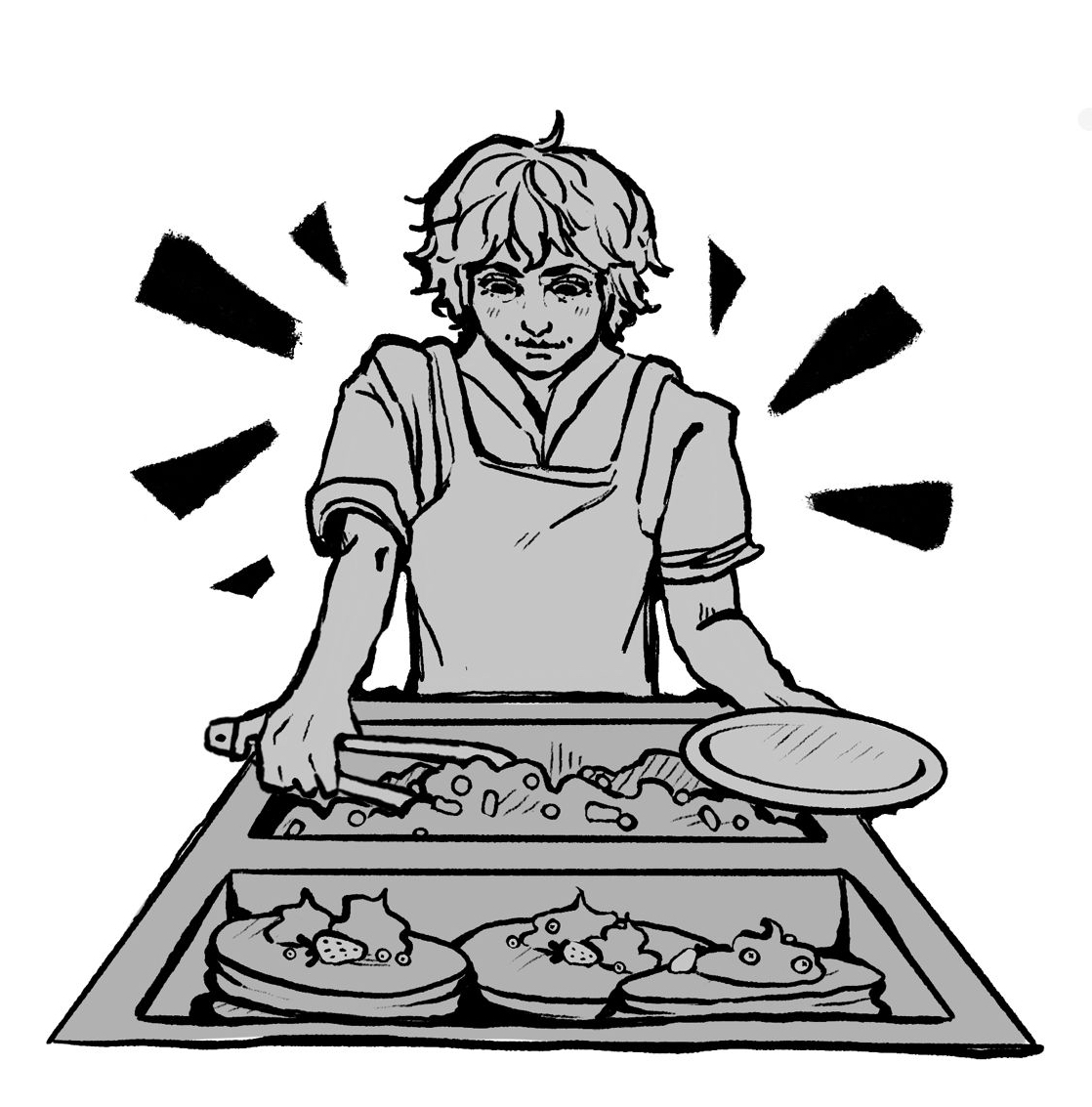
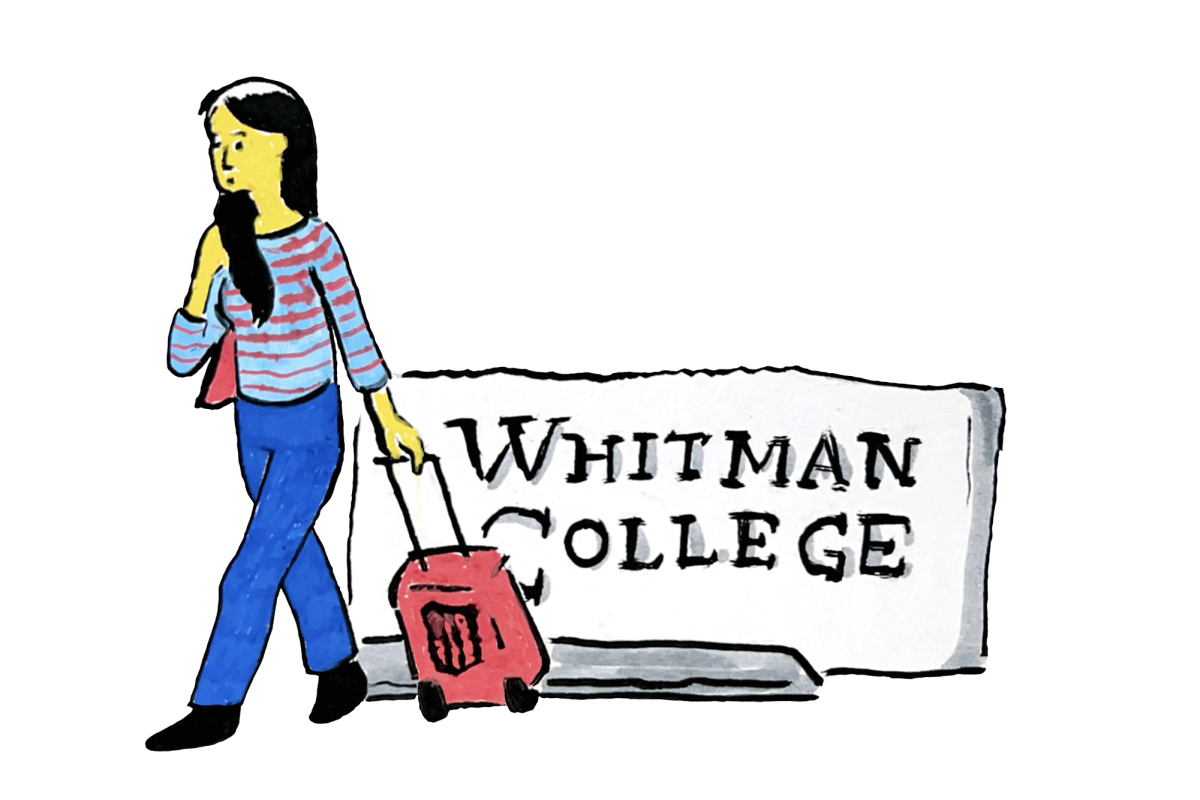
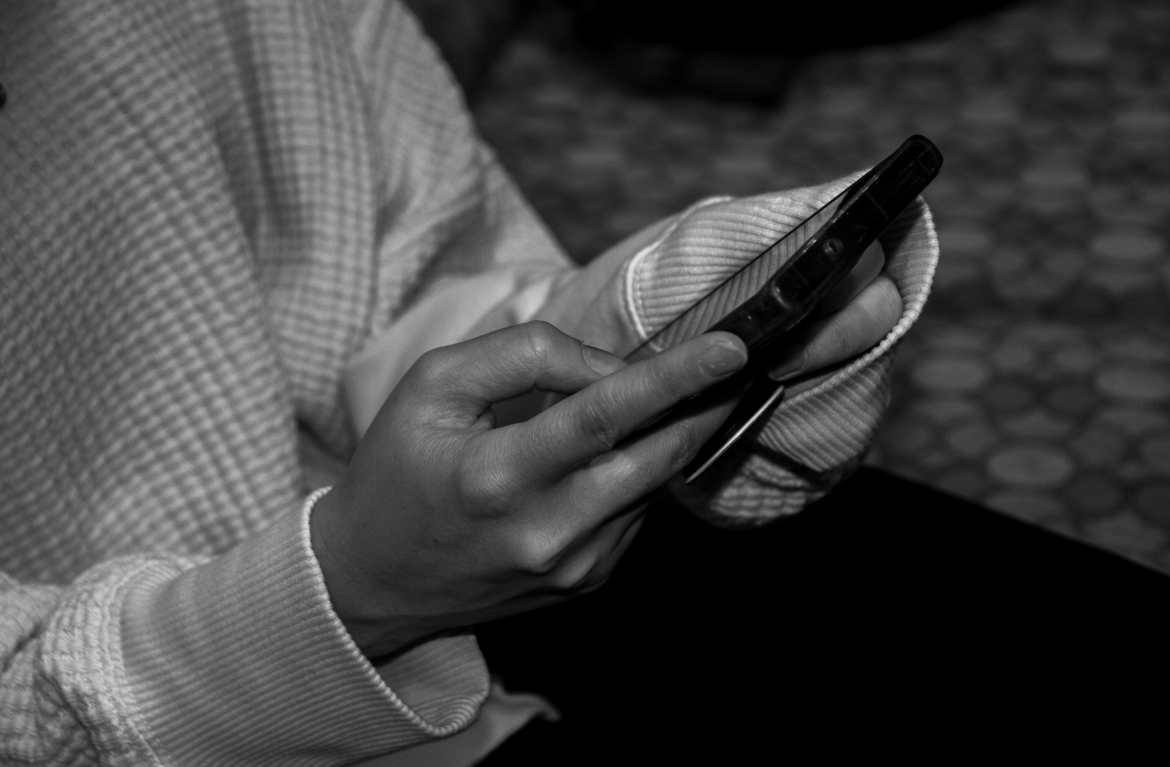
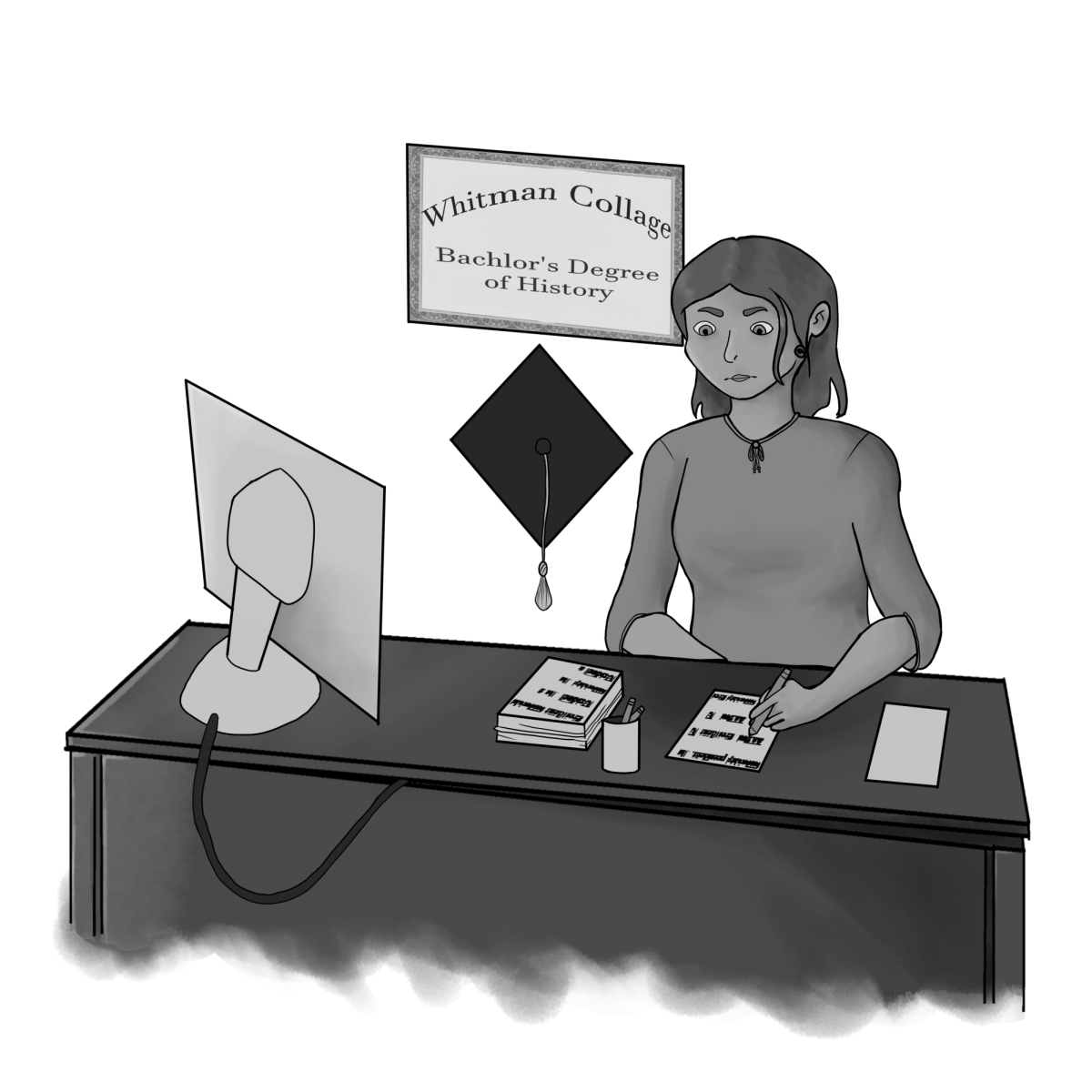
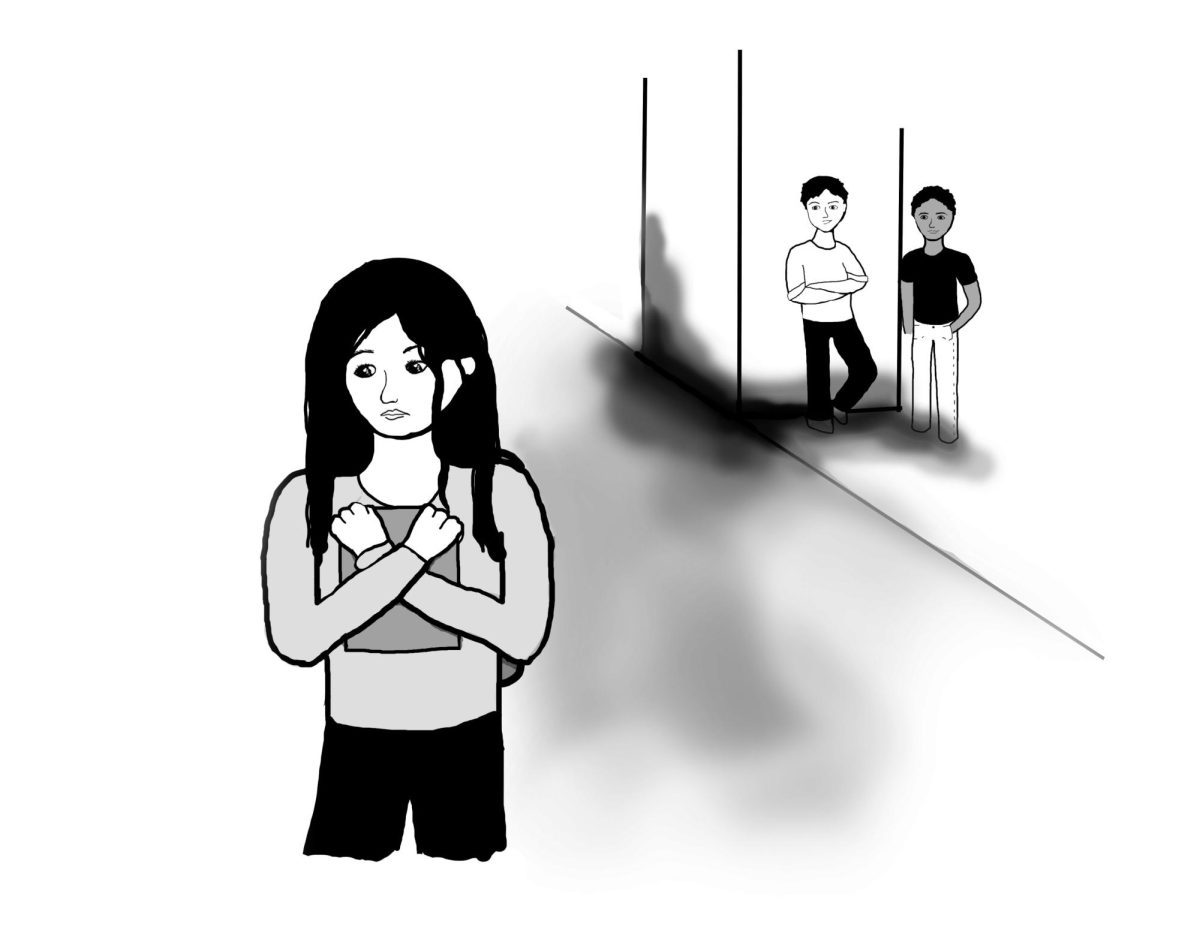


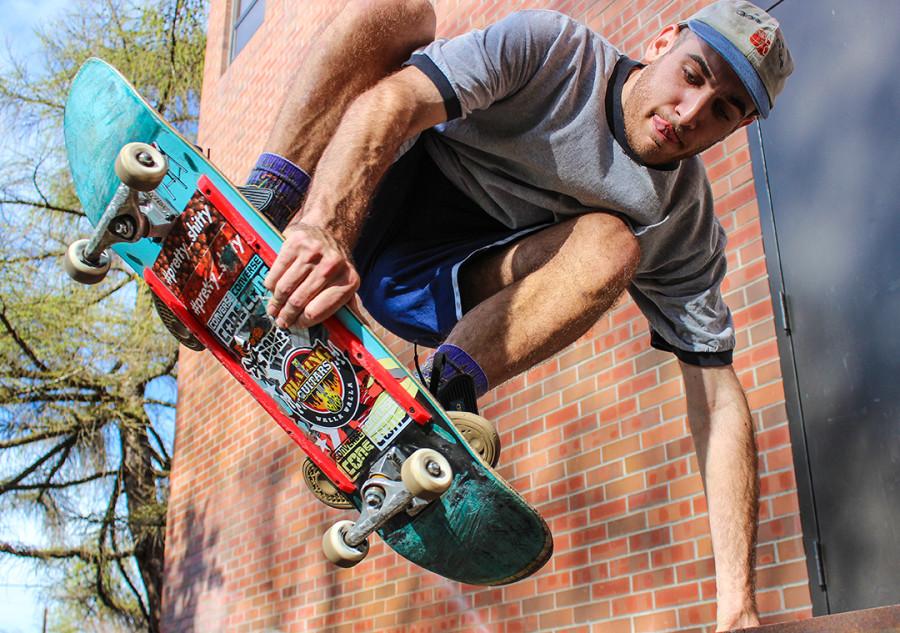
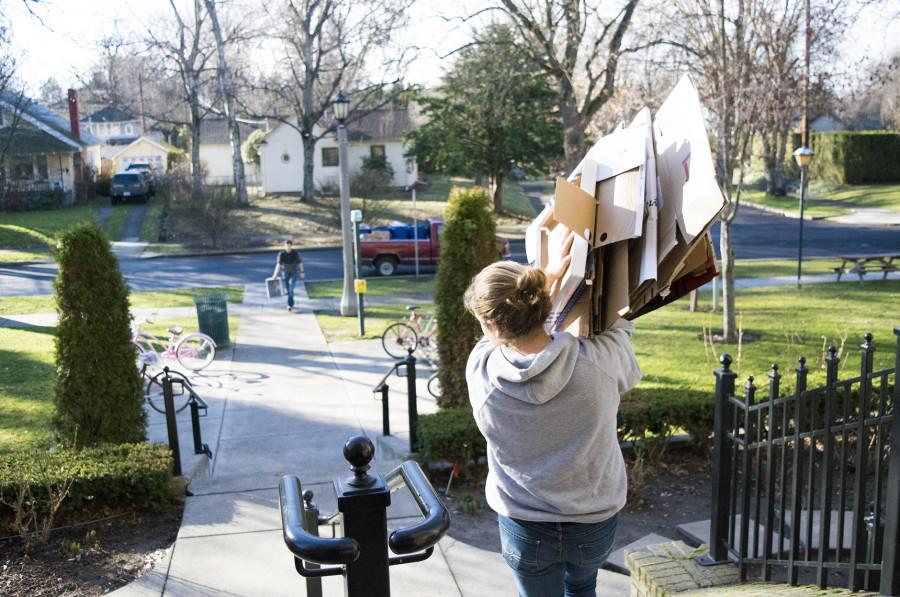
L • May 2, 2013 at 2:07 pm
God, I am so embarrassed for us Whitman students. The police are so kind to us and we have been so rude. I hope the police know that most of the Whitman student body is law-abiding, friendly, and appreciates the work the police do. I called them once when I found a lost dog and they were kind, helpful and fast. I apologize to the WWPD on behalf of Whitman students. Really, I am so embarrassed.
oneSTARman • May 2, 2013 at 11:19 am
WHO are the Police? Mostly we only have Contact with officers sent to do their job. In the Above Example it was the OWNER of Borleskie Stadium with whom the Student INTERACTED with a Negative Result.
It seems OFTEN in a Small town the LAW is Not as Important as the Real POWER of the Controlling Oligarchy. The LAW might Define the Parameters by which MURDER is Differentiated from Justifiable Homicide by requiring a THREAT to the Killer from the one Killed. HOWEVER if the one Killed is Defined as a ‘Brown Skinned Gang Member’ then a Store Owner can get away with MURDER if his Sacred PROPERTY is Stolen – Which is NOT what the LAW says.